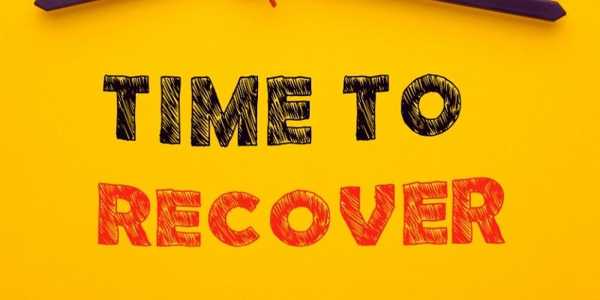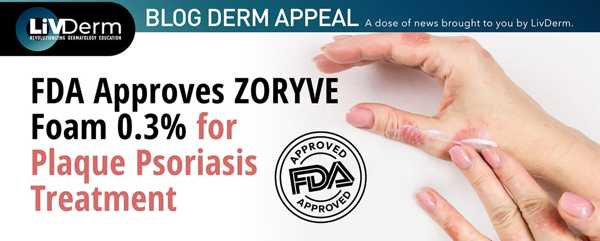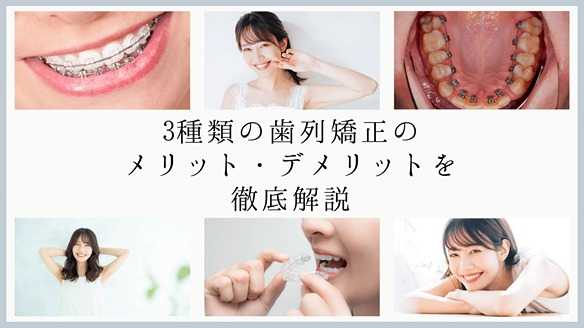Exploring the Future: A Smart Investor’s Guide to Top 5 Cryptocurrencies for 2025
How to Recover from a Panic Attack Safely: 5 Strategies
Shallow and quick breathing, a sudden increase in heartbeat rate, adrenaline coursing through you, dizziness, intense fear—those who have experienced panic attacks know how tormenting this can be. Panic attacks are common not only in the US but other parts of the world. Approximately 11% of people in the US face panic attacks every year, while 2%-3% have panic disorders.
Shallow and quick breathing, a sudden increase in heartbeat rate, adrenaline coursing through you, dizziness, intense fear—those who have experienced panic attacks know how tormenting this can be.
Panic attacks are common not only in the US but other parts of the world. Approximately 11% of people in the US face panic attacks every year, while 2%-3% have panic disorders.
The point is, if you experience panic attacks, you are not alone in this. The more important question should be, how to recover from a panic attack?
What Does a Panic Attack Look Like?
According to DSM-5, a panic attack is "a sudden surge of intense fear or discomfort." More broadly, a panic attack is a sudden attack of anxiety or strong fear, which can be very serious. They appear quickly and can trigger physical and emotional reactions
During a panic attack, you may be out of breath, sweating heavily, shaking and your heart beating faster Some people also report chest pain or feeling disconnected from themselves or their surroundings. They may think they have a heart attack. Others may feel symptoms similar to a stroke. The attack time may last for 5-20 minutes, sometimes even longer.
In a nutshell, you may face the following symptoms during a panic attack:
Faster heartbeat
Sweating a lot
Trembling or shaking
Difficulty breathing
Quick and shallow breaths
Chest discomfort
Feeling nauseous or vomiting
Dizziness
Sudden hot flashes or chills
Sensation of choking
Intense fear of dying
Numbness in your hands, arms, legs, or feet
A sense of losing control

How to Recover from a Panic Attack—5 Proven Remedies
The first and most important thing is to understand that you are having a panic attack, not a heart attack. This way, you can remind yourself that it is temporary and you are going to be fine. Next, try to negate the fear that you are dying; this will help you focus on recovery techniques.
Here is what to do to recover from a panic attack.
1. Close Your Eyes
An overwhelming situation can trigger a panic attack. For instance, being in a busy, fast-paced place with a lot of activity and noise can make things worse.
If you are in such a place, try closing your eyes when a panic attack hits. This will block external stimuli, minimize distractions, and help you concentrate on your breathing.
2. Take Deep Breaths
Hyperventilation can make panic attacks worse, but deep breathing can help relieve these feelings during the attack.
In a study, researchers found that a group of 40 people who practiced deep during therapy showed improvements in focus and emotional health after 20 training sessions.
You can also try this for yourself. Take deep breaths through your nose, and let the air fill your chest and belly. Then, slowly exhale through your mouth.
Here is how you can do this exercise:
Inhale through your nose and count up to 4
Then, hold for 1 second
Exhale through your mouth and count up to 4
3. Look for a Focus Object
One common technique that people often find helpful during a panic attack is to find an object in the surroundings and shift their focus toward that.
It can be any object; try to focus on minor details like its color, shape, any pattern, size, how it works, etc. The point is to divert your attention until the symptoms of panic attack reduce or disappear.
4. Keep a Lavender with You
Lavender is a well-known traditional remedy that helps minimize the symptoms of anxiety and stress. However, lavender essential oil is only a temporary remedy to subside the symptoms of anxiety. It does not address or cure the root cause, the study claims.
Most importantly, it is highly recommended to use lavender oil only after consulting your healthcare professional.
5. Medications
Benzodiazepines like Xanax can relieve panic symptoms but are not a solution for underlying anxiety disorders. Regular use can lead to dependence, so they are generally used only for short-term relief. For long-term treatment, doctors may prescribe antidepressants or certain anti-seizure medications like pregabalin or clonazepam.

What are Post Panic Attack Symptoms?
If you are feeling tired after a panic attack, it is normal. Here is what else you may experience after a panic attack.
Sleepiness
Lethargy or fatigue
Body aches and pains
Muscle soreness
Soreness in the jaw
Sweating
Chills
Chest pain or discomfort
Dizziness
Nausea or stomach pain
Here is how you can cope with the post-panic attack phase.
If had a panic attack in one place, move to a calmer environment, such as going outside or finding a calm, peaceful place.
A small, healthy snack can help ease anxiety, so do not skip meals after an attack.
If you are feeling drained after a panic attack, a short nap can help, but keep it under 30 minutes for better nighttime rest.
Talk to your loved ones, such as a family member or a friend. It can help you process your feelings and identify triggers.
FAQs
How long does it take to recover after a panic attack?
Usually, strong symptoms like a fast heartbeat and shortness of breath go away within 5 to 30 minutes. However, the aftereffects (often called an anxiety attack hangover) can last for hours or even days.
Are panic attacks normal?
Yes, panic attacks are common, and as mentioned above, almost 1 out of every 10 persons in the US face panic attacks. However, prolonged and frequent panic attacks are harmful and need proper treatment.
Do Not Take Panic Attacks Lightly
Panic attacks are not uncommon and can hit anyone. You can go through this phase by practicing techniques like deep breathing, shifting your focus to other things, using lavender, etc. However, if the problem persists, it is highly recommended that you consult a medical professional.










